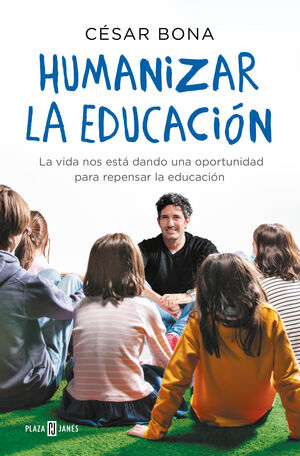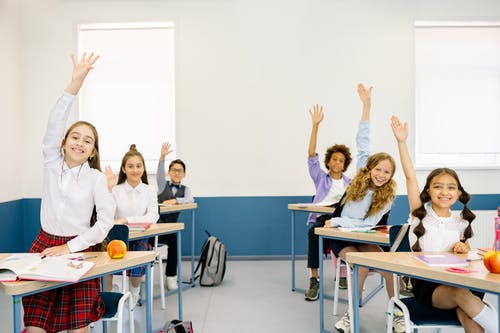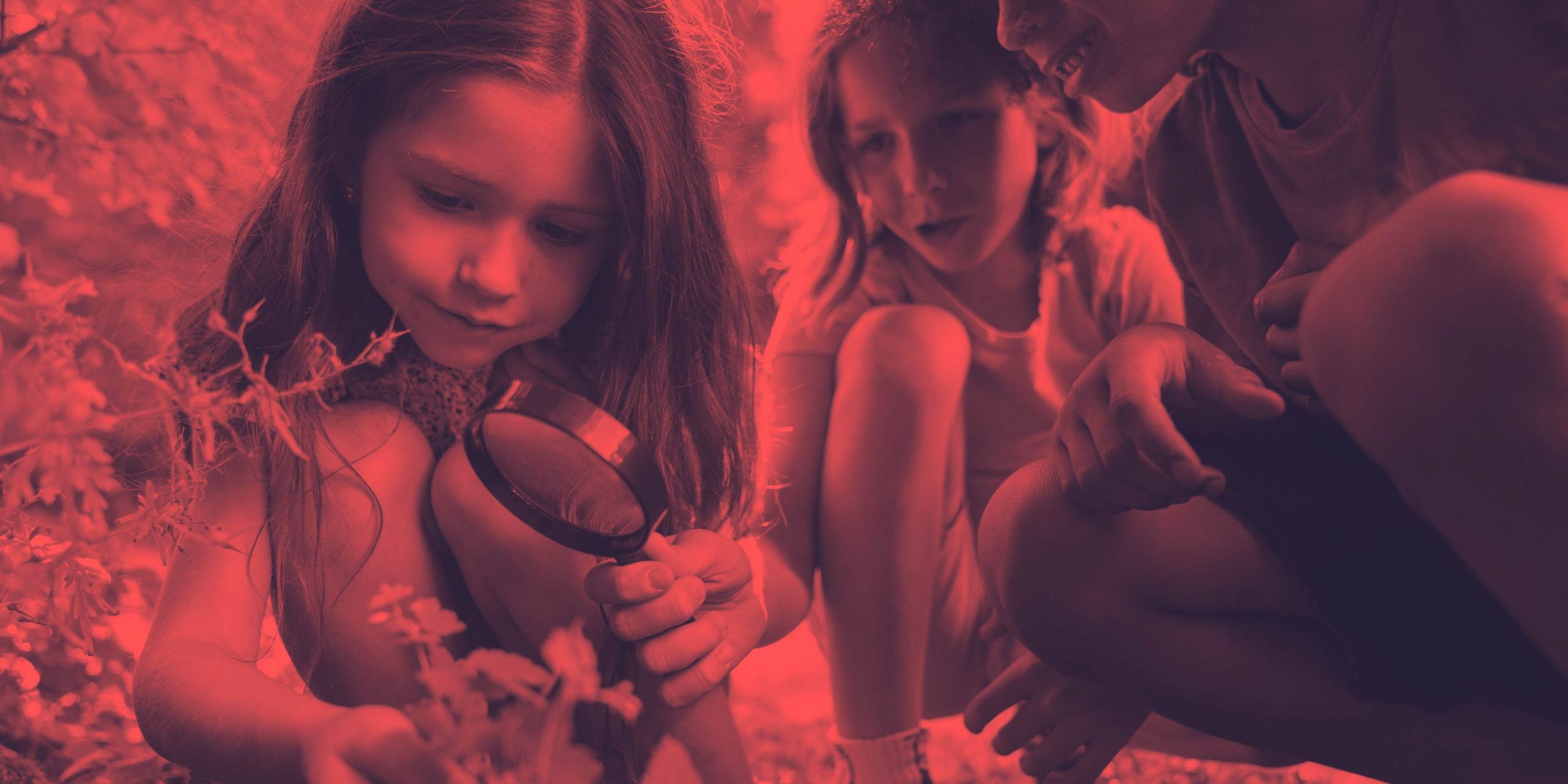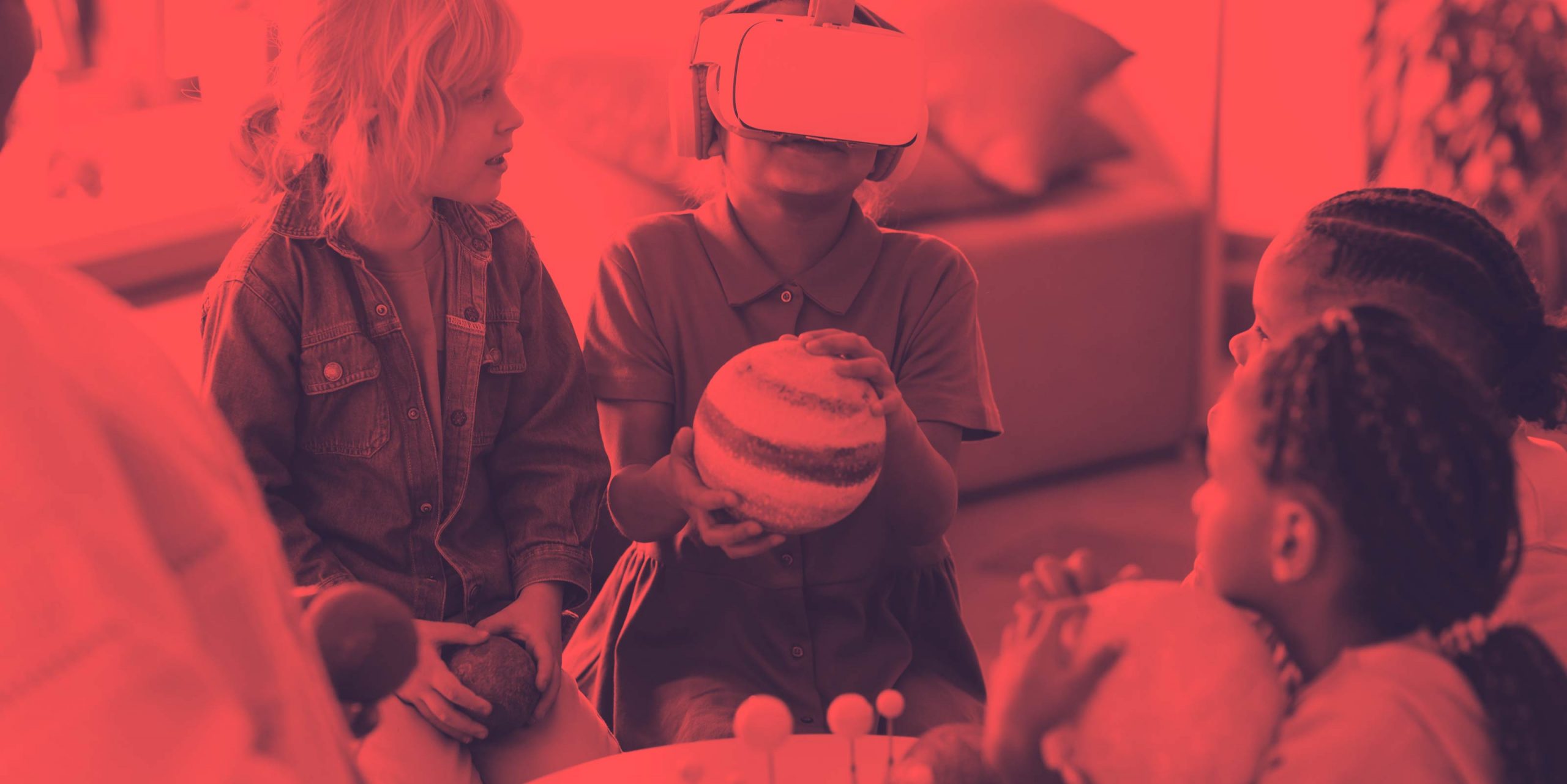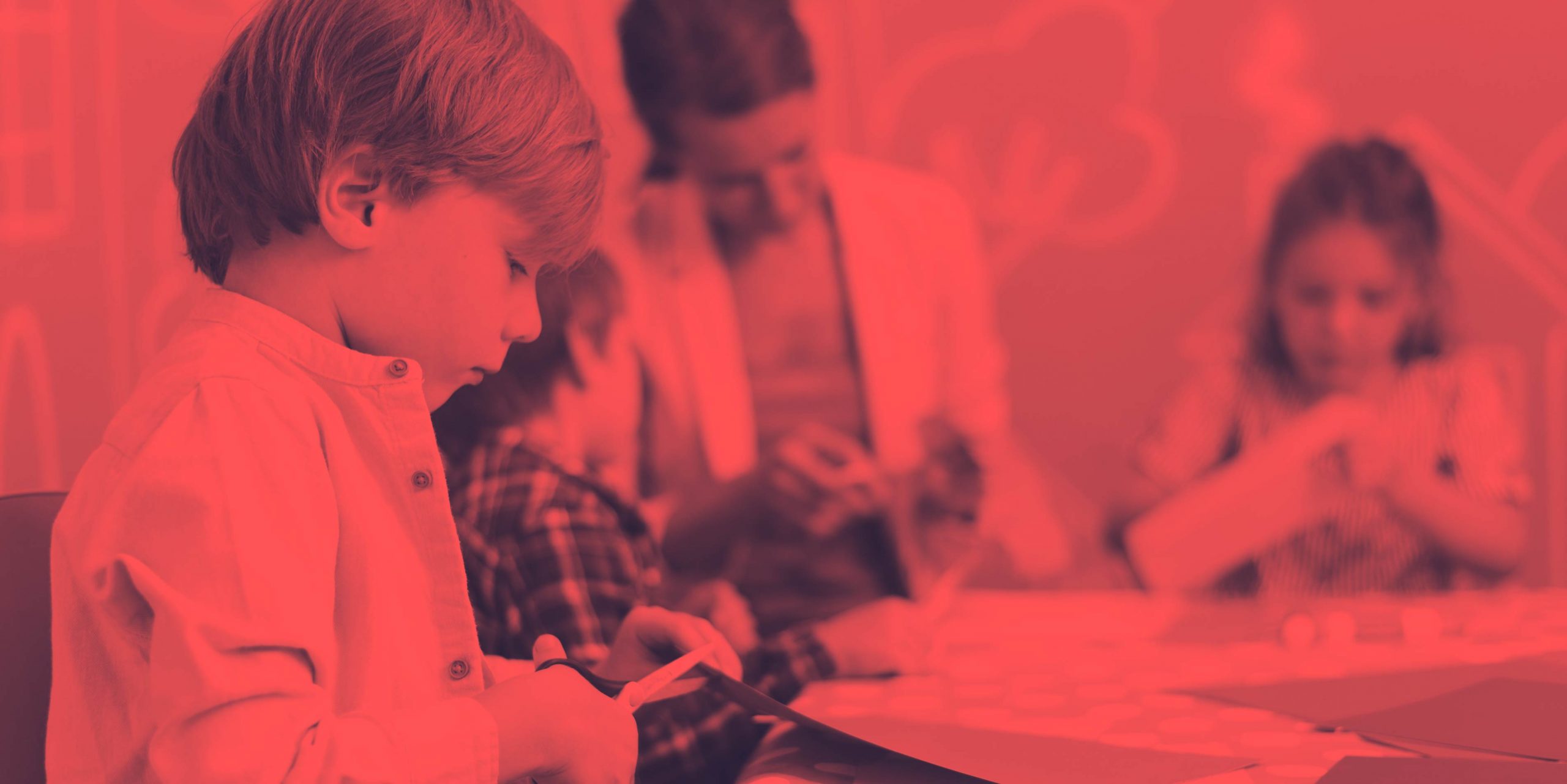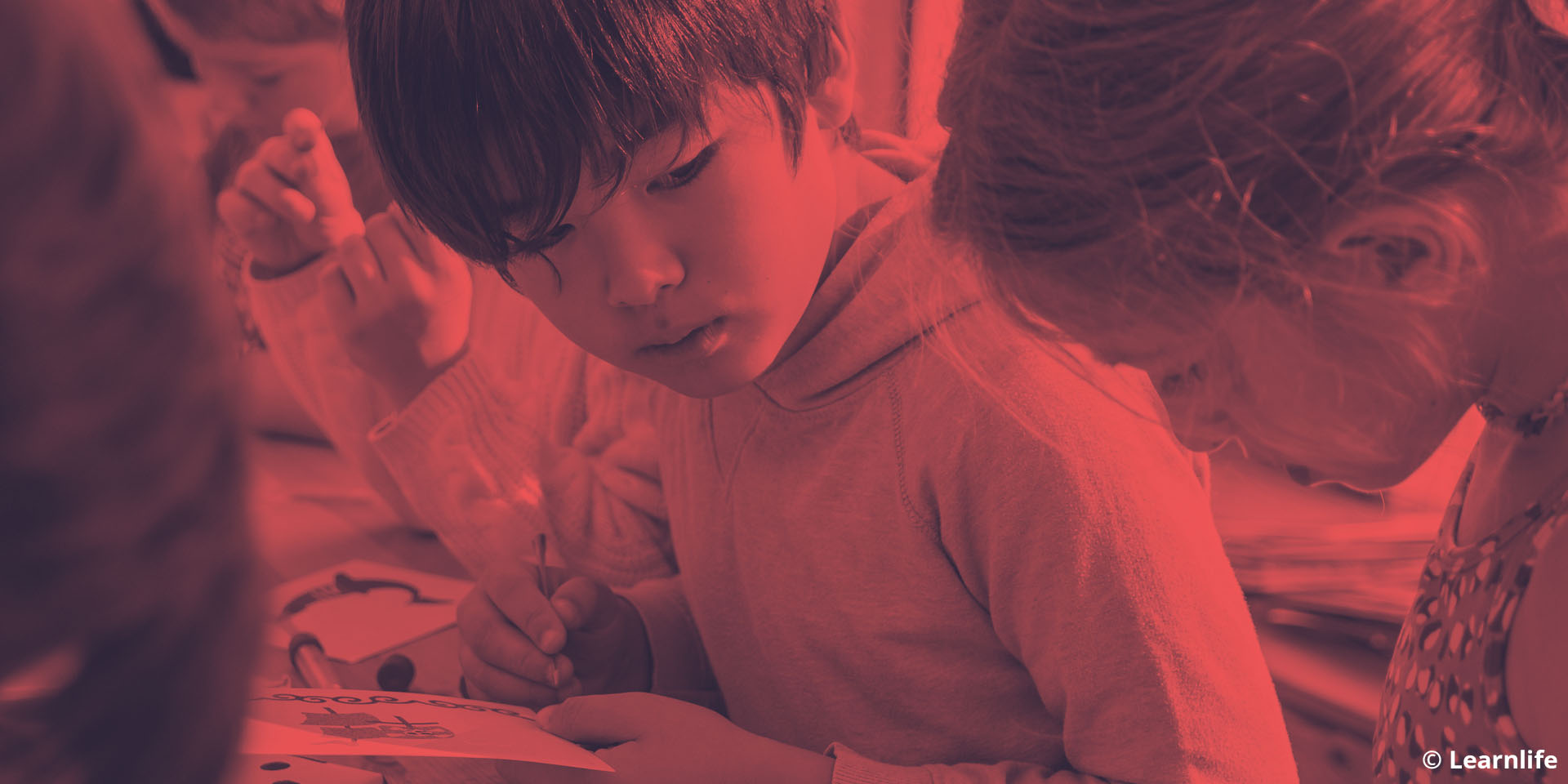The experienced situation due to the COVID-19 pandemic has brought us face to face with ourselves as the social beings that we are. We understand that this crisis has spurred the cracks in an entire ecosystem, which demands us to take care of it unless we want to reach a no-return point. It seemed that technology could solve our needs for culture and knowledge, that communicating through the networks was already everything. Yet, we have also suffered disinformation and some infoxication, that is, the excess of information that ends up saturating those who receive it.
The pandemic has been an experience shared by families, teachers, and students that has put the necessary emotional stability and work-life balance to the test. The idea that both families and schools need to row in the same direction and share the same mission and objectives has been reinforced, despite the physical distance, and after the last course, primarily face-to-face lessons with the students.

The pandemic has been an experience shared by families, teachers, and students that has put the necessary emotional stability and work-life balance to the test.
Not problems but challenges
Bona proposes to turn problems into challenges. He points out that one of them is adapting the curriculum to reality as the world is constantly changing: schools cannot become a bubble (p. 60). His approach involves modifying the questions we have been asking up to now:
- Does anyone believe that the current educational system is a successful one?
- What would you like your children to go to school for?
- What kind of people do you want around you?
- What school would you like if you were a child?
Another pressing challenge is learning how to use technology to take advantage of its possibilities without turning it into an end by itself. Being connected implies knowing how to disconnect, limiting the time we spend in front of screens: we must continue to foster relationships with ourselves, others, and the environment. (p. 130)
The promotion of critical thinking is another of the author’s focuses. Reflecting on oneself brings self-criticism; thinking about others generates empathy, and pondering where we live helps us respect it. All this increases decision-making autonomy and respect for other opinions. Listening, says Bona, is a path of communication and dialogue. And she continues: entering into students’ lives is more important than a curriculum saturated with content. In other words, human relationships must be nurtured to accompany students in their learning.
Reflecting on oneself brings self-criticism; thinking about others generates empathy, and pondering where we live helps us respect it.
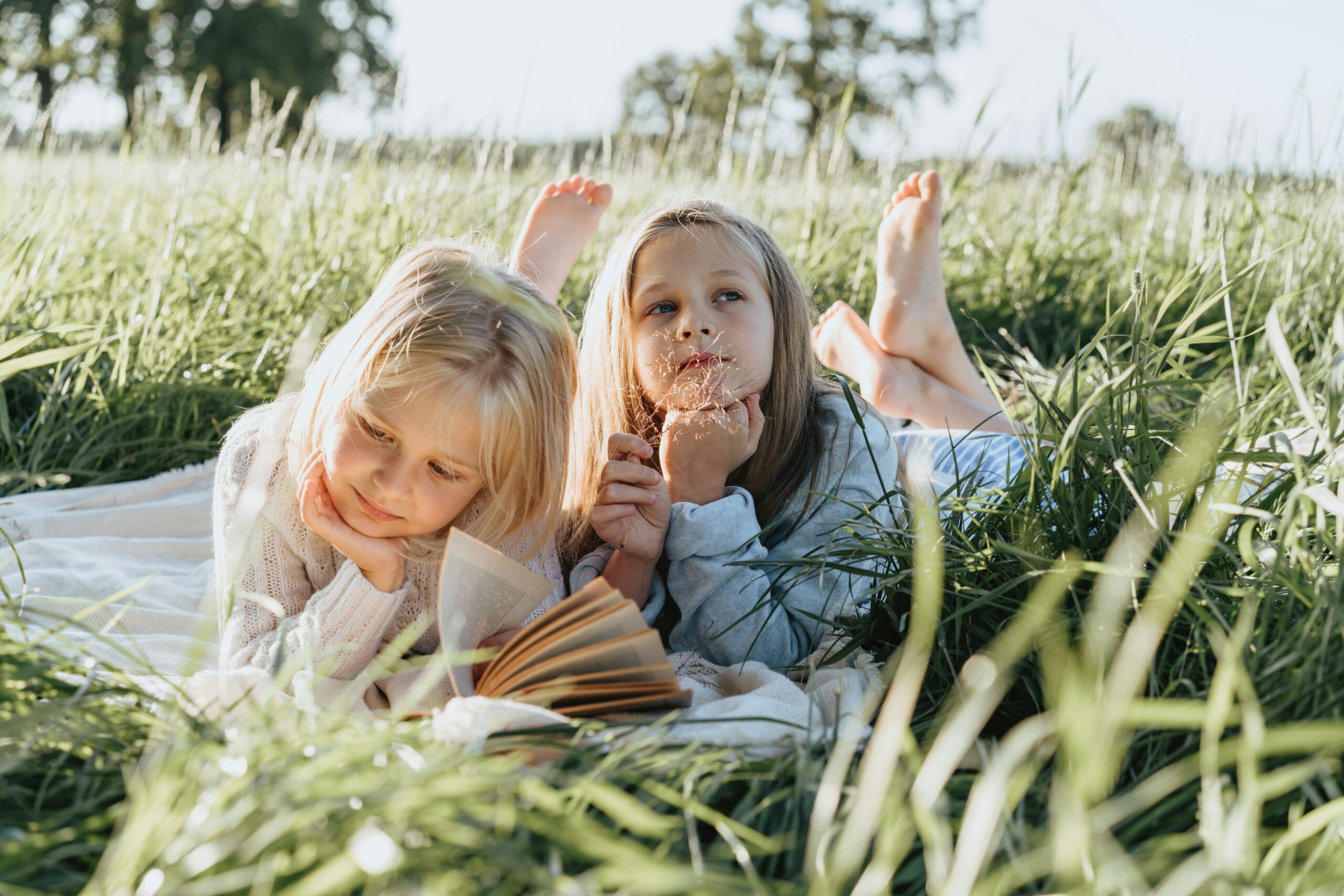
We sometimes do not consider innovative challenges such as teamwork, but Bona considers collaboration essential. Cooperation is related to flexibility, turning difficulties into challenges, and promoting trust and leadership, especially when working in different roles.
Humanising education
Humanising education means not altering the ecosystem we live in; we must refer to the essential. Respecting nature means respecting ourselves. César Bona highlights three more aspects of what this humanisation entails:
“Getting closer to the essence of the human being” (p. 214).
“Knowing where we come from and where we are going” (p. 216).
“Becoming learners” (p. 218).
In short, the book is an invitation to stop time, think about the school model we have, and rethink whether it is possible to make a better one. We face an opportunity to change that should not be missed because when we improve education, we enhance the society in which we live.

